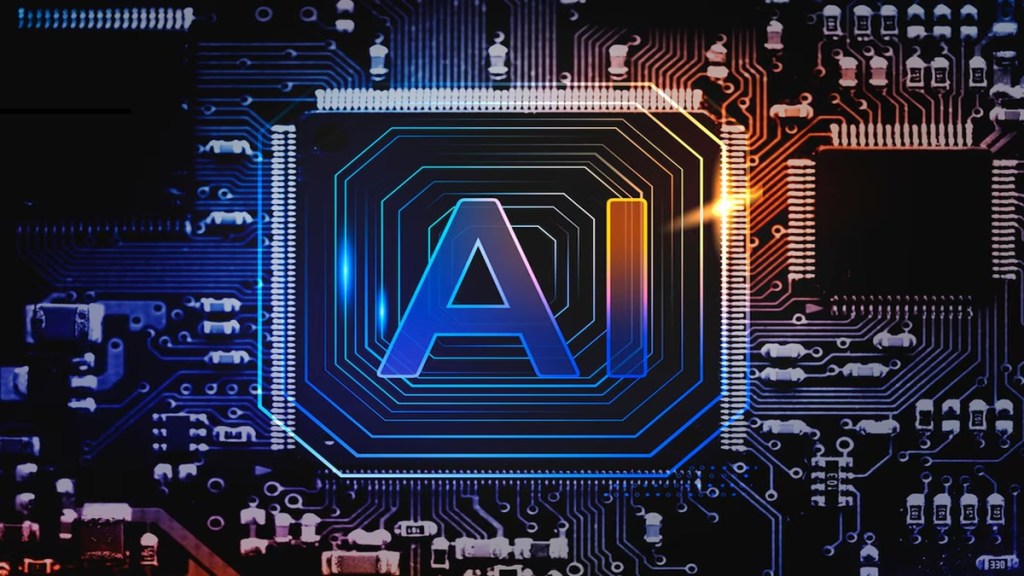By Ruchika Panesar
AI has long captured the imagination of businesses and technologists alike – sparking both excitement and caution in equal measure. For years, organisations experimented with proofs of concept, pilots, and sandbox projects. The question was never whether AI could do something interesting, but whether it could do something that truly mattered to people – colleagues, customers, and communities.
Today, that question is being answered more clearly than ever. We are moving from experimentation to enablement. AI is no longer a distant innovation sitting in labs – it’s already changing the way we work, learn, and make decisions. And the most meaningful transformations are the ones that are tangible and human-centered.
At its heart, AI creates capacity and enables a reimagination of the work like never before. It takes on the repetitive and complex, allows autonomous workflows and intelligent systems, so colleagues can focus on creativity, empathy, and judgment – the things that make us distinctly human. For teams, that means much faster execution and deeper insights. For customers, it means experiences that feel more intuitive and personal.
I’ve seen this first-hand through the course of my working career and at NatWest. A few years ago, we started experimenting with conversational AI to make customer interactions smoother. What started as a pilot quickly became a movement – colleagues across technology, operations, and business functions began reimagining what was possible. Today, our teams use AI to onboard customers faster, detect fraud with greater precision, and even free agents from note-taking during calls so they can focus on truly listening. The result? More engaged colleagues and more satisfied customers.
Another moment that stands out for me was when one of our engineers told me, “AI hasn’t taken away my coding time – it’s given me thinking time.” That, to me, captures the real promise of this technology. It is about being more efficient and productive; and it is also about enabling colleagues to do more of what adds real value – to them, to the enterprise and to our customers.
We must also remember though – that the real power of AI lies not just in what it can do, but the purpose and how responsibly we apply it. The best organisations are building customer and colleague experiences that drive growth and simplification through trust, transparency, and inclusion. Responsible AI cannot be an afterthought – it is a leadership choice.
We’re also seeing the rise of agentic AI, where intelligent agents act as co-pilots – not replacements – in decision-making, design, and creativity. This evolution could unlock $300-500 billion in opportunities for India’s tech services industry alone. It’s a reminder that the future isn’t human versus AI – it’s human with AI in an AI native world. Engineers are becoming product thinkers, designers are becoming data translators, and teams are learning to build with deep capabilities, accountability, and awareness.
What excites me most is how AI is enabling scale in a federated way – empowering teams to innovate locally while contributing globally. India’s shift from being a delivery hub to an innovation powerhouse makes this especially compelling. The depth of expertise, talent, and responsible adoption here is shaping how AI delivers value across the world.
Of course, this journey is still unfolding. For some, AI will mean augmentation; for others, a complete reimagination of workflows. The role of leadership becoming crucial to ensure this transformation is not only about efficiency but about agility, adaptability and inclusivity – giving every colleague the tools, training, and confidence to lead the way.
The opportunity is immense, but so is the responsibility. AI must not only be powerful but also purposeful. As leaders, we must keep asking ourselves: Are we building with intelligence, or only building for it? That question – and how we answer it – will define whether AI remains a tool of experimentation or becomes a true partner for human progress.
The writer is chief digital & information officer, Group COO & country head – NatWest Group India








